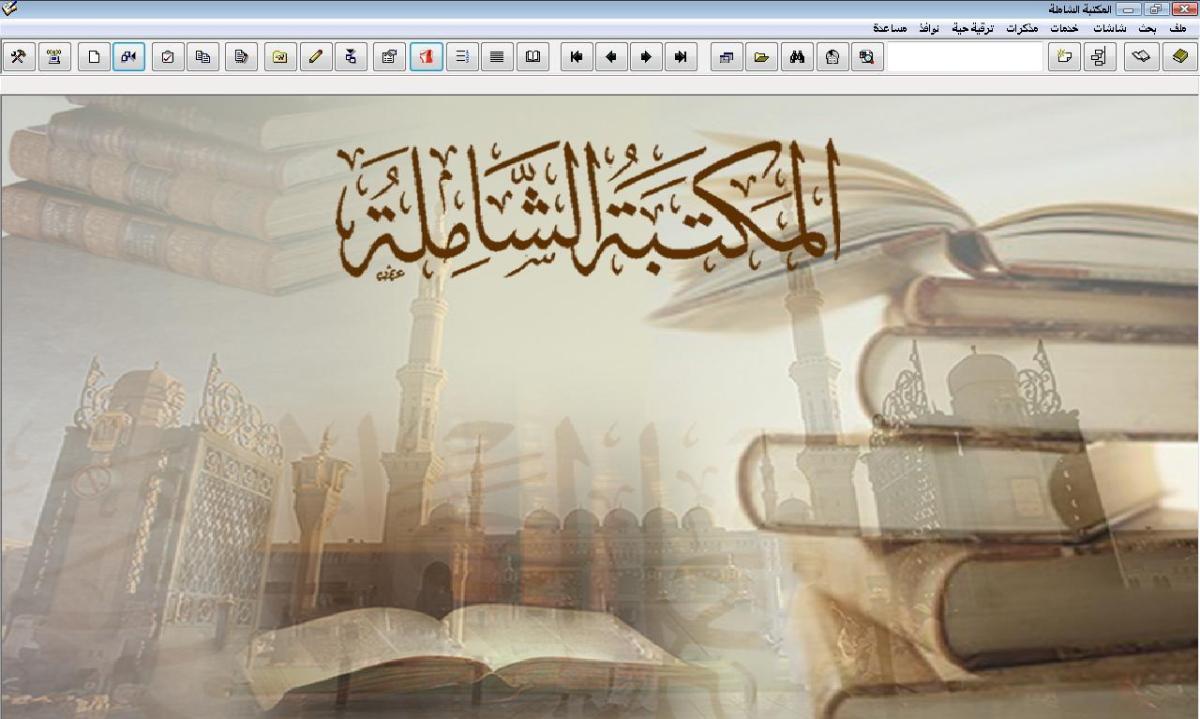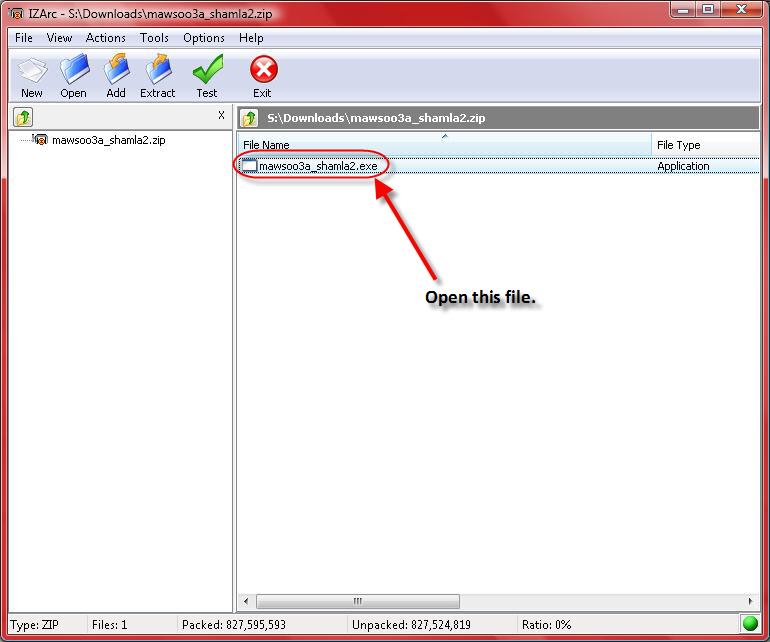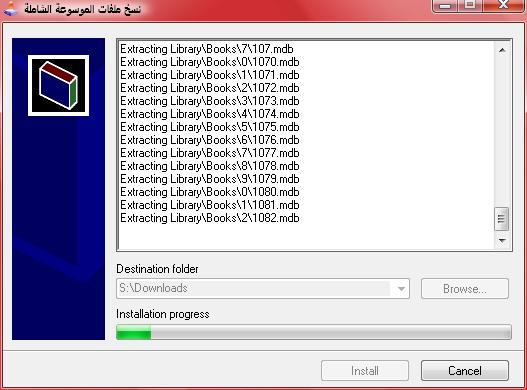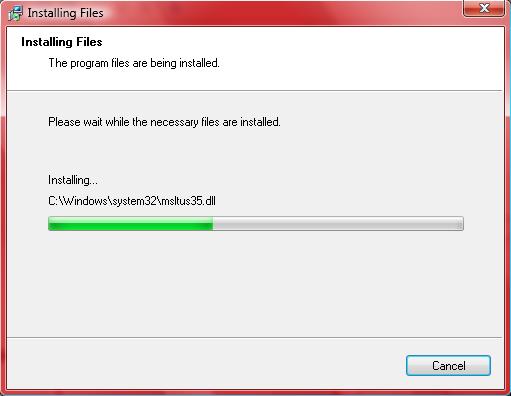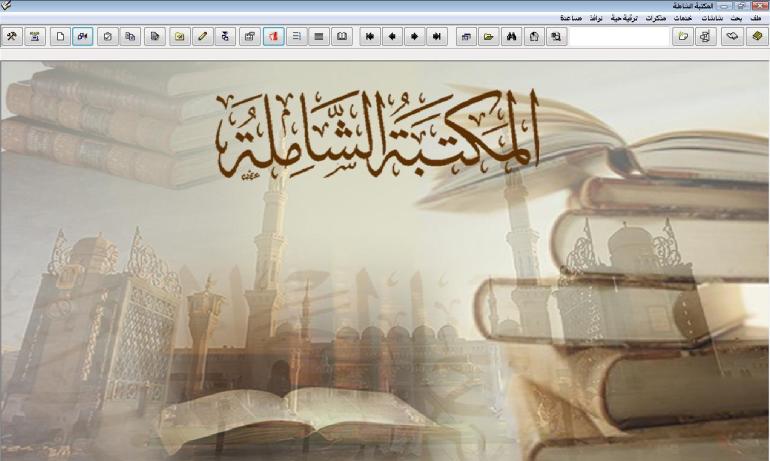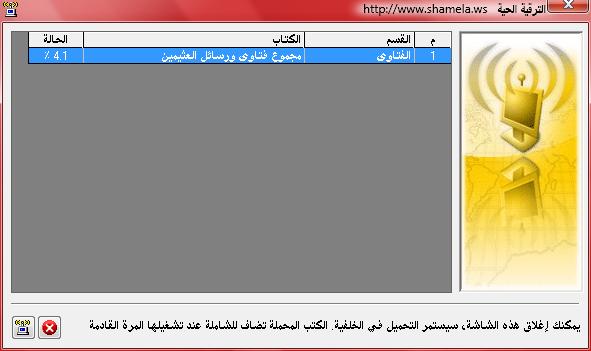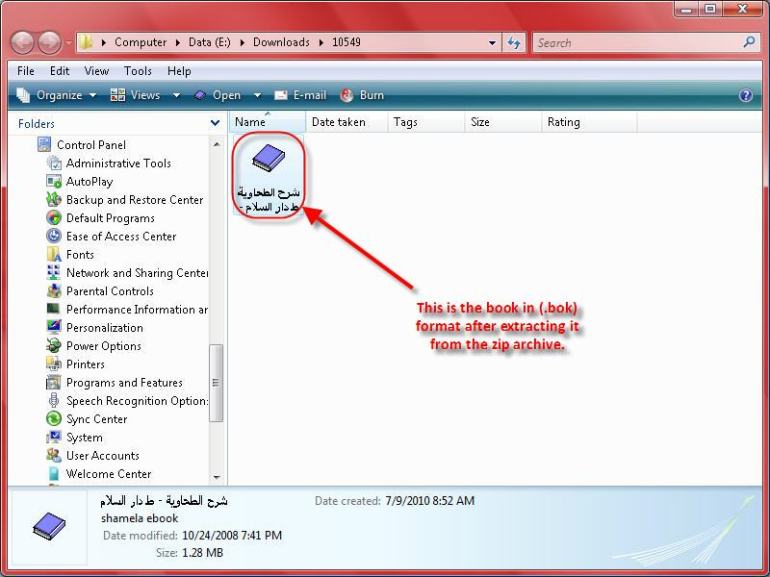Jummah
(Arabic: صلاة الجمعة , ṣalāt al-jummah, “Friday supplication”;
Persian: نماز جمعه, Namaz Jummah; Turkish: Cuma Namazı, Jummah
Namazi), is a congregational petition (ṣalāt) that Muslims hold each Friday, soon after twelve
rather than the Zuhr petition. Muslims supplicate usually five times every day
as per the sun’s skyway paying little mind to time zones.
1
Cutting Nails
Abu Hurayrah (may Allah be satisfied
with him) reported that ‘Five are the demonstrations of fitra (normal slant):
1) circumcision, 2) evacuating the hair underneath the navel, 3) trimming the
mustache, 4) trimming the nails, and 5) culling the hair under the arms.’
2
Reading Surah Al-Kahf
It
was described from Abu Sa’eed al-Khduri that the Prophet (Sallallahu ályhi
wasallam) said: “Whoever reads Soorat al-Kahf on Friday, he will be illuminated with light
between the two Fridays.” (Narrated by al-Haakim; classed as saheeh by
al-Albaani)
3
Making Dua
Don’t MISS The Golden Opportunity!!
“There is a special hour on Friday,
during which all prayers are accepted and answered by Allah, all Glory and
Praise be to Him. This is part of the blessings that Allah has blessed this day
with, over all the other days of the week.“On this day there is a time when no
Muslim stands and prays, asking Allah for something, but Allah will grant him
it” – and he gestured with his hands to indicate how short that time is.
[Bukhari 893 Muslim, 852]
It was described from Abu Huraira that
the Messenger of Allah (peace be upon him) specified Friday and said:“On this
day there is a time when no Muslim stands and prays, asking Allah for
something, but Allah will grant him it” – and he gestured with his hands to
indicate how short that time is. [Bukhari 893 Muslim, 852]
Ibn Al-Qayyim (Rahim Ullah) said with
regards to the correct hour of Friday amid which this happens is after the Asr
petition until the Maghrib supplication in view of the accompanying
hadith: “Friday has twelve hours (or part of it). There is one hour during
which if a Muslim asks Allah anything, Allah will give it to him, so find it
during the last hour after Asr.” {Abu Dawud & An-Nasai}
4
Taking Bath (Ghusl)
Washing up and refine oneself totally
by watching Ghusl (great bathing). Described by Abdullah canister Umar (R.A)
said:
“I heard the Messenger of Allah, PBUH
say: ‘When one of you wants to come to Jumu’ah, let him perform Ghusl.”
(Muslim)
Along these lines, the considerable
estimation of Friday is apparent from the previously mentioned Hadith, that
other than general bathing, one likewise needs to do greater bathing while
showering.
5
Wearing clean
clothes, doing miswaak (brushing teeth) and applying perfume (non-alcoholic
scent)
Keep in mind that day you had that huge
occasion and you invested hours in the restroom cleaning all aspects of your
body and putting each kind of scent on? That is precisely how you ought to get
ready for Jumuah! Wash up, ensure you play out the Sunan Al-Fitra from trimming
nails, expelling hair from armpits and evacuating pubic hair, putting heaps of
scent, and so on. Ensure your Jumuah thobe or garments are perfect, spotless
and squeezed and not something you wore 2 days prior and is recolored or
folded! Additionally, take extraordinary care of oral cleanliness: spend the
suggested 4 minutes brushing your teeth, utilize liquor free mouthwash,
miswak/siwak… fundamentally, get squeaky clean!
Described Abu Sa’id Al-Khudr: I
testify that Allah’s Messenger (Peace and blessings be upon him) said, ‘The
taking of a bath on Friday is compulsory for every Muslim who has attained the
age of puberty and also cleaning of teeth with Siwak and using perfume, if
available’. [Translation of Sahih Bukhari]
6.
Going Mosque Early
No, I don’t mean 10 minutes before the
Khateeb enters the masjid, yet truly early – like two or three hours and
attempt to go there strolling rather if the masjid isn’t too far. Attempt to be
the first there and recollect this hadeeth:
Described Abu Hurairah: Allah’s
Messenger (Peace and endowments be upon him) said,’ When it is Jumuah, the
Angels stand at the gate of the masjid and keep on writing the names of the
persons coming to the masjid in succession according to their arrivals. The
example of the one who enters the masjid in the earliest hour is that of one
offering a camel (in sacrifice); the one coming next is like one offering a
cow, and then a ram; and then a chicken; and then an egg respectively. When the
Imam comes out (for Jumu’ah sermon) they (i.e. Angels) fold their papers and
listen to the sermon. [Translation of Sahih Al-Bukhari]”
7
Friday Prayer
Allaah says (interpretation of the
meaning): “O you who believe (Muslims)! When the call is proclaimed for the
Salaah (prayer) on Friday (Jumu‘ah prayer), come to the remembrance of Allaah
[Jumu‘ah religious talk (Khutbah) and Salaah (prayer)] and leave off business
(and every other thing). That is better for you if you did but know!”
[al-Jumu’ah 62:9]
8
Sending a lot of
blessings upon the Prophet Muhammad (PBUH)
It was narrated from Aws ibn Aws that
the Prophet (peace and blessings of Allaah be upon him) said: “The best of your
days is Friday. On that day Adam (peace be upon him) was created; on that day
he died; on that day the Trumpet will be blown, and on that day all of the
creation will swoon. So, send a lot of blessings upon me, for your blessings
will be shown to me.” They said, “O Messenger of Allaah, how will our blessings
upon you be shown to you when you have turned to dust?” He said, “Allaah has
forbidden the earth to consume the bodies of the Prophets, peace be upon them.”
Narrated
by Abu Dawood, 1047; classed as saheeh by Ibn al-Qayyim in his comments
on Sunan Abi Dawood, 4/273; classed as saheeh by
al-Albaani in Saheeh Abi Dawood, 925.
9
Walking to Mosque
Strolling towards the mosque, as it
results in achievement of gifts on one stage and pardoning of sins on another.
Abu Hurairah (R.A) portrayed Hazrat Muhammad (PBUH) talking as:
He
who purifies (performs Wudu’) himself in his house and then walks to one of the
houses of Allah (mosque) for performing an obligatory Salat, one step of his
will wipe out his sins and another step will elevate his rank (in Jannah).”
(Muslim)
10
Listening
carefully to Jummah Khutba (Sermon)
“Whoever says to his friend while Imam
is delivering Khutbah on Friday “keep quiet” also commit an absurdity.” (Muslim
and Bukhari)





